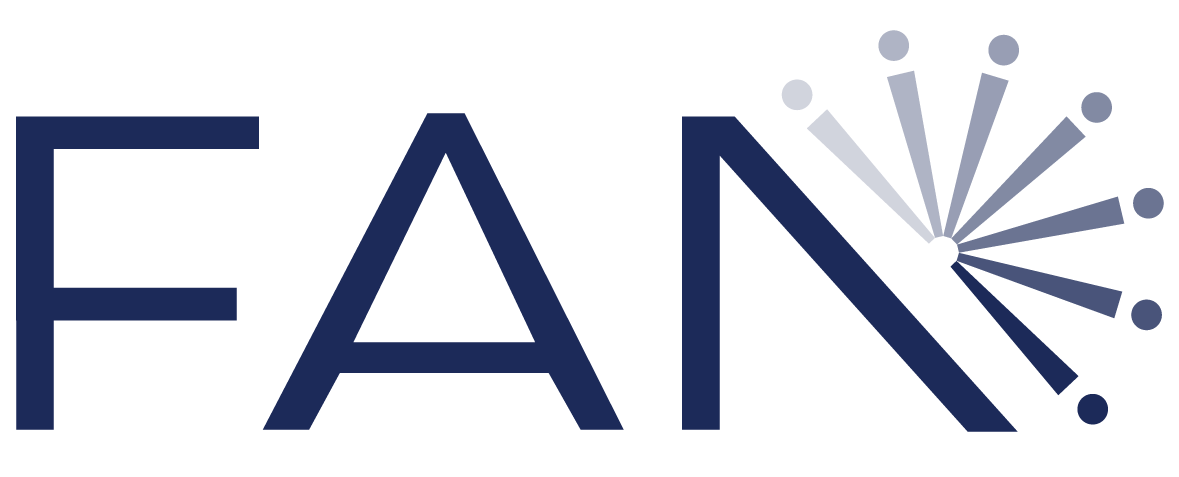Julie Posselt, Ph.D.
Associate Dean and Associate Professor, Rossier School of Education, University of Southern California
INQUIRY #4: Creating More Equitable Cultures In and Through Graduate Education
Even among well-intended, thoughtful academics, cultures in academia and the disciplines help reproduce racial, gender, and socioeconomic inequities. Graduate education is a primary vehicle through which this reproduction occurs, as graduate students pick up dominant cultural beliefs and practices in their training that privilege long-advantaged groups.
Evaluations and interactions are two primary expressions of culture, which is why revisiting graduate admissions and mentoring norms can be powerful strategies for culture change. Indeed, culture is malleable and changing it is essential to closing gaps, keeping them closed, and improving the quality of experiences and the distribution of power in academia.
This session will provide an opportunity for participants to map and connect layers of culture (structures, formal and informal practices, beliefs, values) in key functional areas of interest (e.g., admissions, funding, curriculum) so as to begin improving organizational culture toward equity. It will also provide participants with the opportunity to learn some key moves common to cultural change efforts in graduate education that can be immediately applied toward the creation of more equitable cultures for students, faculty, and staff alike.
INQUIRY ACTIVITIES
Watch “Culture in Graduate Education: Seeing It, Changing It,” Prof. Posselt's video prologue to this inquiry on graduate education (21m 33s).
Read: Equity in Science, Chapter 1: "Equity Work as Science" and separately, "Equity efforts as boundary work")
Reflect and discuss with your colleagues: What is one value/belief or habit/practice that you picked up in your own training that you have needed to re-evaluate or unlearn as part of becoming a more equity-minded leader? What motivated this re-evaluation for you?
Thought exercise: Think of a time that you felt like you didn't fully belong in an academic setting. Take a moment to recall the place, the people who were there, and other details. See if you can connect the sense that you didn’t belong to a mismatch between your values and the group’s values; a need to learn insider knowledge of that setting; and/or power dynamics in the group. What advice would “current you” have for the version of you who didn’t feel they belong? To whom might that advice be useful today? To whom might that same advice not be resonant? Why?
Conduct a discourse analysis on two versions of the same dialogue among faculty discussing a potential admissions decision.
Complete “driver diagrams” to identify the interventions faculty can make that likely have the greatest leverage for change.
Inquiry resources
Equity in Graduate Admissions Consortium (esp. the Resources page)
National Academies Report: Advancing Antiracism, Diversity, Equity, and Inclusion in STEMM Organizations: Beyond Broadening Participation (14 Feb 2023)
Evaluation and Decision Making in Higher Education: Toward Equitable Repertoires of Faculty Practice, in L. W. Perna (ed.), Higher Education: Handbook of Theory and Research 35.
From Columbia University: Guide to Equity-Based Graduate Admissions (1 Dec 2022)
Graduate Diversity Leadership Academy @ Berkeley
Resources for "Coffee Conversations" developed at Vanderbilt [here] [here]
Stop Making the Business Case for Diversity (15 Jun 2022), by Oriane Georgeac and Aneeta Rattan
Watch more of Prof. Posselt in this book discussion on Equity in Science and how to advance systemic change (Sept. 2020)
Required reading
Posselt, J. R. (2020). "Chapter 1: Equity Work as Science," in Equity in Science: Representation, culture, and the dynamics of change in graduate education. Stanford University Press.
Posselt, J. R., Reyes, K. A., Slay, K., Kamimura, A., & Porter, K. (2017). Equity efforts as boundary work: How symbolic and social boundaries shape access and inclusion in graduate education. Teachers College Record 199 (10), 1-38.
For further inquiry
National Academies of Science, Engineering, and Medicine. (2018). Graduate STEM Education for the 21st Century.
Policy Link. (2015). The Equity Manifesto.
Carter, D. F., Dueñas, J. E. R., & Mendoza, R. (2019). Critical examination of the role of STEM in propagating and maintaining race and gender disparities. In Higher Education: Handbook of Theory and Research (pp. 39–97) M. B. Paulsen & L. W. Perna (Eds.). Cham: Springer.
Posselt, J. R., & Grodsky, E. (2017). Graduate education and social stratification. Annual Review of Sociology, 43, 353-378.
Freire, P. (1970). Pedagogy of the Oppressed. New York: Continuum Press.


